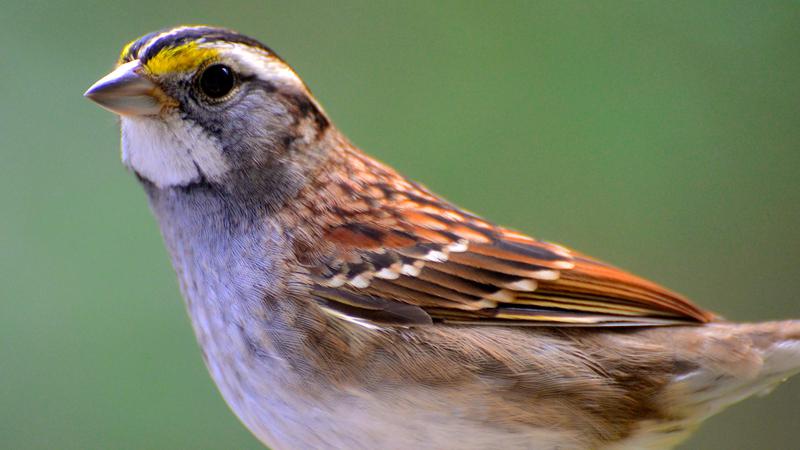
B.C. white throated sparrows become trend setters: 20 year study finds birds change tune
PRINCE GEORGE—A UNBC professor was the lead writer in a sparrow study which found that over a 20 year period one rare sparrow song went viral across Canada, wiping out a historic sparrow song in the process.
“As far as we know, it’s unprecedented,” said senior study author Ken Otter, a biology professor at the UNBC.
